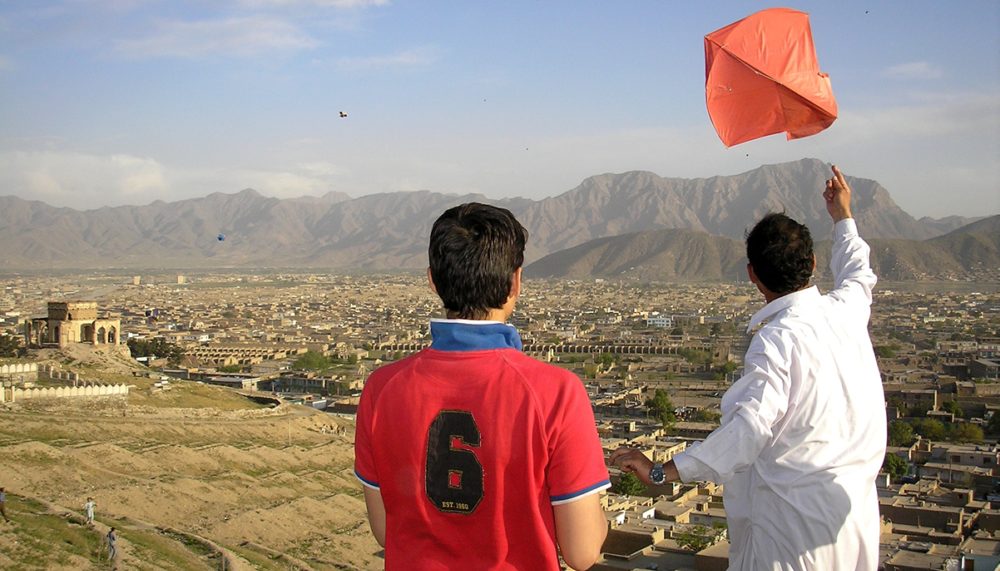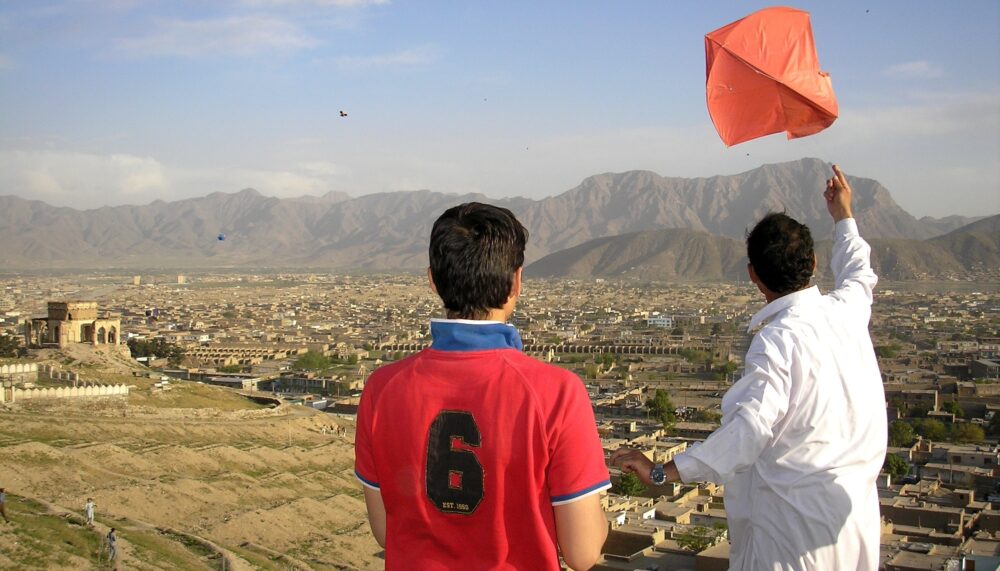BLOG POST | 21 Dec 2020
Latest developments in the Afghan peace process: A commentary

Hans-Joachim Giessmann reflects on progress in the Afghan peace process, and why patience and trust will be vital to its success.
By Hans-Joachim Giessmann
The Afghan peace process is a roller coaster ride of hopes and setbacks. So long as people continue to suffer from violence, any progress in negotiations – even if it takes a long time – is a milestone. Hans-Joachim Giessmann, Director Emeritus of the Berghof Foundation, discusses what current developments mean for the negotiations and why patience and trust are prerequisites to sustainable peace.
Without appreciating how hard it is to end a war that has been bitterly fought for decades, it is difficult to fathom why it took the two delegations at the Afghan peace talks in Doha three months to agree on how to actually negotiate and what to address. However, given the ongoing violence in almost all parts of Afghanistan, the agreement on rules for the negotiations, as well as the exchange on issues to be put on the agenda, can be considered a success. After the conclusion of this first phase of negotiations on 14 December, the roadmap for negotiating the agreed topics is now in place and initial talks on substantive issues are to commence in January 2021.
The road to the start of negotiations was rocky. The prolonged war has not only massively undermined the parties' trust in one another, but has also dimmed hopes in large sections of the Afghan society that war and violence can ever be overcome through a peaceful reconciliation of interests. The negotiation process was initiated by an agreement between the United States and the Taliban in February 2020, which the government of Afghanistan was not involved in – but that agreement’s implementation (particularly the release of 5,000 imprisoned Taliban fighters) would not have been possible without the government’s cooperation. A broad spectrum of government and political forces in Afghanistan eventually agreed to send a joint delegation to Doha for direct talks with the Taliban.

Even before their start, the negotiations were accompanied by hopes as well as doubts, not only in Afghanistan but around the world. At the opening ceremony of the talks, there was a historic shift: a declaration of good intentions by the two delegations, and the mutual support of the entire international community for these intra-Afghan negotiations, was unprecedented in Afghanistan's decades-long history of conflict.
The initial euphoria soon gave way to disillusionment, however, as the two delegations quickly became stuck over procedural rules and the basics of the negotiations. Each side took positions that were not recognised by the other. At the same time, there was no discernible progress toward the hoped-for reduction of violence. Afghanistan was rocked by a series of attacks, and for the first time in months, people in Kabul were targeted. Weeks of stalemate and growing frustration among all parties, including international partners seeking to mediate, lowered expectations for a speedy peace process. The fact that an initial result was finally achieved was due to the considerable amount of international support and the mutual realisation by the parties that a failure of the talks before they even began would destroy the peace process in the long term and open the door to an escalation of violence.
In addition, there was increasing time pressure in light of Donald Trump's surprise Twitter announcement that the U.S. planned to reduce its military deployment in Afghanistan by more than half as early as Christmas 2020, which also brought a premature, perhaps even hasty end to the entire Resolute Support international peacekeeping mission into the realm of possibility. The U.S. announcement also had a devastating effect on the government's negotiating position, since the reduction of violence on the part of the Taliban was expressly tied to the withdrawal of foreign troops in the U.S.-Taliban agreement. However, that target of less violence currently seems more distant now than it was in the spring of 2020.
Are the challenges at the beginning of the negotiations really so surprising? The circumstances mentioned here certainly contributed to the peace process having a rocky start; however, they are not sufficient as an explanation and certainly not decisive factors.
At present, what is most needed is something that all the parties are least able to offer: collective patience and trust...
If we look at the decades-long history of the conflicts, at the shattered trust of all parties to the conflict, and at the suffering endured by thousands of Afghan families, a lasting peace for the country cannot really be expected in the foreseeable future, even if the negotiations yield rapid results. Even agreements on a cease-fire, which is eagerly hoped for in Afghanistan, would not erase the root causes of the conflict or the widespread anger over the suffering it has inflicted many times over.
At present, what is most needed is something that all the parties are least able to offer: collective patience and trust in a process to resolve issues peacefully and non-violently throughout Afghanistan, rather than particular parties striving for dominance over the others.
Despite this sober assessment of the current situation, hopes for peace nevertheless remain justified. For these hopes to materialise will require a realistic assessment of what can be achieved as well as the challenges involved. The start of negotiations in Doha showed that it is possible for the parties to create a constructive climate for negotiations – but also that it will be a long road to achieving peace.
If viable compromises can be achieved, they could produce a verifiable framework for the peace process. To succeed, the process will take more than just the willingness of negotiators to compromise on contentious issues. Achieving sustainable peace will require the determination of all Afghans to shape their future peacefully and exclusively through mutual cooperation.
Media contact
You can reach the press team at:
+49 (0) 177 7052758
email hidden; JavaScript is required


